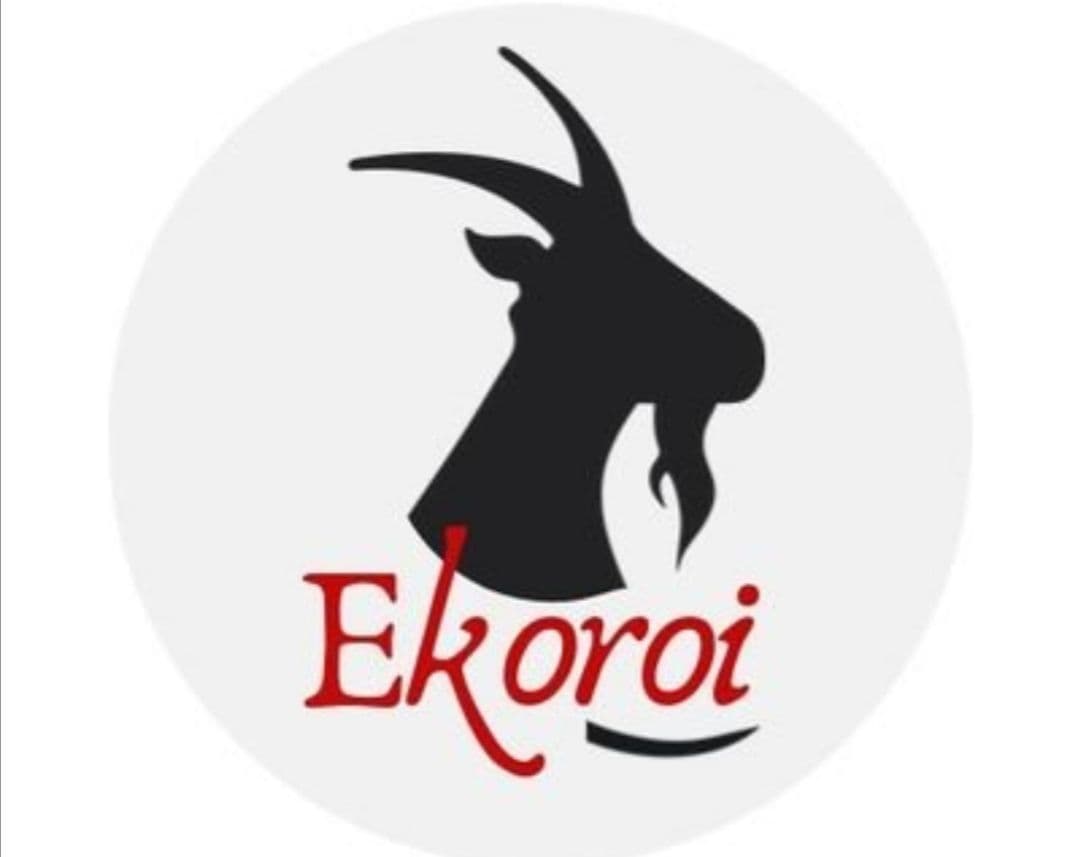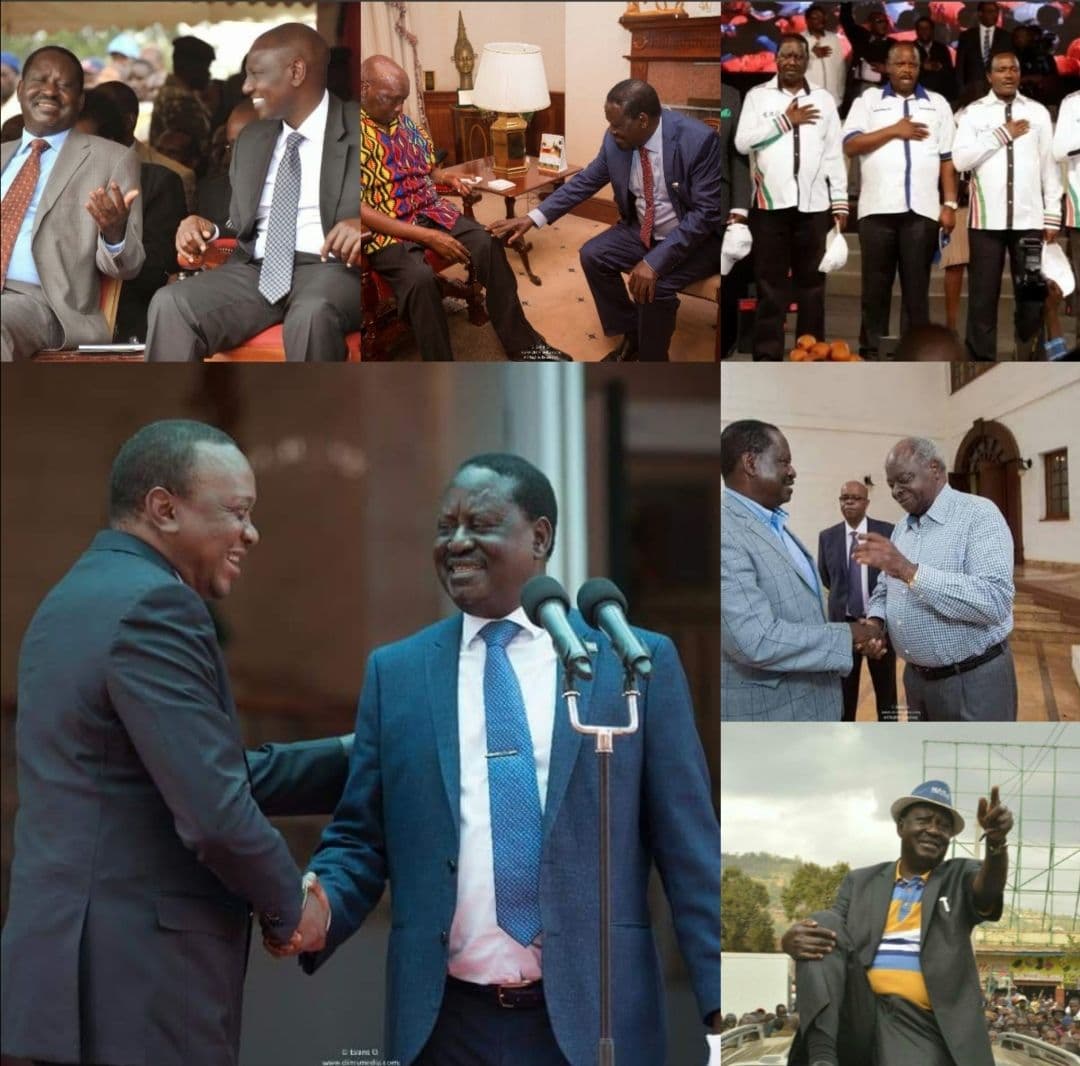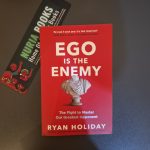UNITY AND STABILITY OR NOTHING:
We have elections in a year’s time. Coming amid the ravages of Covid-19, everyone is talking about the economy, which fits into a yearning Kenyans have long held; for a globally competitive and prosperous country that also offers a high quality of life.
We continue to aspire to transform Kenya into a newly-industrialising, middle income country within the shortest time.
In pursuit of these worthy goals, we have tried many things: Harambee, District Focus for Rural Development, Devolution, Vision 2030 and now the Big Four agenda. Many others are already emerging, including the emotional appeals and irrational arguments on how to create prosperity.
One thing we have never given the attention it deserves, and is missing in our current discussions, is the role of political unity and stability on our aspirations. We have tended to act as if we can stumble into economic growth and prosperity however disjointed and unstable the country is and regardless of how we govern.
Long-term stability, which results from effective and clean governance, is a key plank for economic growth and job creation. Even the best economic plan will fail to create prosperity if government is ineffective, the country divided and political landscape shaky.
Kenya must therefore always strive to keep a balance between economic development, social and political stability and effective government. It is only when the political situation remains stable and inspires confidence in our future that we are able attract the investments we need for rapid economic progress.
That is why I started these conversations with an assertion that to move forward, Kenya has to invest in prolonged stability and social cohesion out of our ethnic and religious diversity. Only then shall we be able to pronounce, we are ready.
To illustrate why unity and stability are worth investing in, look no further than 2007-2008 and the lesson we ought to pick from it. In 2003, the Narc administration picked an economy that was growing at zero per cent and pushed it to seven percent. In 2008, the Grand Coalition government picked up an economy that had collapsed from about seven per cent back to zero per cent, thanks to the election violence.
For me, the 2007-2008 election violence was a lesson in unity and stability as inevitable ingredients of economic development. Any leader who takes these two for granted is lying about commitment to creating a prosperous nation.
A country that constantly worries about conflicts and uncertain regime changes cannot have its population to concentrate on working, saving, and investing.
There can be no steady investment in factories for jobs without political stability. A new government may be elected from the unstable environment, sometimes by taking advantage of the desperate situation and promising miracles. But without stability, that government will not fulfill its promises, leading to another round of frustrations and more instability.
The Grand Coalition Government succeeded largely because it brought the diversity of Kenya on to the table and embarked on systematically addressing the issues that were identified to be at the heart of the mistrust, frustrations and bitterness.
So how do we invest in stability?
For me, it begins with the brand of politics we play, how we mobilize support, particularly during the campaigns.
In the recent US election campaigns, President Barack Obama made a fundamental statement: “if you have to win a campaign by dividing people, you’re not going to be able to govern them. You won’t be able to unite them later if that’s how you start.”
If you want to govern later, start by uniting the people. You begin by pitting people against each other; the poor against the rich, the young against the old, one faith against the other, tribe against tribe, you end up with a hopeless government in a divided country.
Kenya needs to build a tradition for inclusive political processes and non-violent competition for political power. In a diverse society like ours, no single man or woman can be the nation’s messiah.
We need a tradition of putting the people and the nation first. We must begin creating a shared understanding by our people that we are one country in a continent struggling to find its space in the world, and our progress depends on our ability to unite, pursue and defend our space and interests, otherwise we all lose. This is impossible to realize in a political environment that thrives on drumming up chauvinistic and xenophobic support.
We need leaders who worry more about the future of the people and the country than own future. Such leadership translates into an environment that makes everyone realize that their individual fates are intertwined with that of the nation. In such an environment, citizens and leaders can fight for personal and sectional interests, but still put the country’s interest above their own.
Kenya requires leadership whose core reflexes is for national and not individual survival, with a demonstrated capacity to put national interests first and personal interests next, if at all.
We need to cultivate a culture of political leadership that is able to create confidence in what the government promises or does. When people begin doubting what the leaders are promising or doing, everything gets lost, resisted or slowed down. Stability stems from the credibility of the leadership.
With that credibility, the country’s leadership will be able to explain, implement and mobilise mass support even for policies that are temporarily inconvenient to a section of the population but good for the nation in the long run. When we mobilize support through emotional and irrational appeals, we have to govern through similarly emotional and irrational policies, a clear recipe for instability.
We need to pursue core long-term and consistent, not erratic policies with clearly defined goals.
There is no path to jobs, good schools, hospitals, industries and security other than political stability enabled by constant pursuit of reform and development while always putting people and the nation first. It takes sound politics and Kenya needs it now more than ever.
Rt. Hon. Raila Odinga,
EGH August 15, 2021




